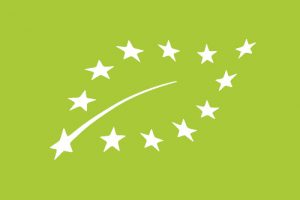The EU regulation on organic farming concerns not only the production and processing, but also the control and labeling of organic foods. Organic farmers and traders must comply with strict EU requirements if they want to use the organic logo or label their products as organic. The EU requires an equally rigorous control system with checks carried out at every stage of the organic chain. Products that do not meet these standards cannot be listed as organic or bear the EU organic logo or a national equivalent. Each operator (farmer, processor, trader, importer or exporter) is checked at least once a year, or more often based on risk assessment. Therefore, whenever you buy organic food, you can rest assured that it has been produced in accordance with strict environmental and animal welfare rules and controlled accordingly. In addition to the standard list of ingredients and nutritional values, organic product labels should include the name of the manufacturer, processor or distributor who last handled the item. The code number of the national certifying authority should be shown on the label. Furthermore, Regulation (EU) no. 1169/2011 relating to the provision of food information, provides the minimum requirements regarding nutrition. The organic logo provides a consistent visual identity for organic products sold in the EU. Help EU consumers to more easily identify organic products and farmers to market them across the European Union. The organic logo can only be used on products that have been certified as organic by an authorized inspection body or agency. This means that the products have met strict conditions in manufacturing, transportation and storage.
